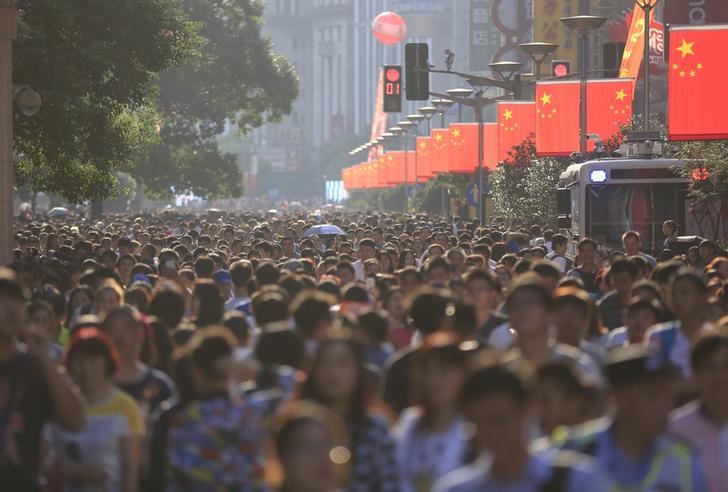Asian market falls not believing China
2022.12.07 02:24
[ad_1]

Asian market falls not believing China
Budrigannews.com – On Wednesday, the Federal Reserve’s interest rate hikes and worries about a global recession weighed on the majority of Asian stock markets. China’s relaxation of COVID curbs did little to dampen selling pressure.
The index lost 0.7% while the China index lost 0.6%. However, despite China’s plans to ease its zero-COVID policy, the economic consequences of the policy persisted. Data from Wednesday showed that the Chinese and fell to their lowest level since the middle of 2020.
On Wednesday, Beijing announced a further reduction in COVID-related restrictions, including looser restrictions on movement and business activities. In response to unprecedented protests against the government’s strict zero-COVID policy, a number of major cities began easing restrictions. This move comes after those cities.
However, as the number of COVID cases rises, analysts anticipate near-term volatility in local markets as the country faces its worst infection outbreak yet.
Chinese innovation stocks likewise took little alleviation from the to put severe controls on semiconductor deals to the country. The index that is heavily influenced by China lost 0.7%, while the index that is based in Hong Kong lost 0.7%.
Despite warnings of a possible recession in 2023, broad sentiment toward Asian stocks remained negative. The admonition seriously gouged opinion towards risk-driven resources, additionally hauling .
This week’s stronger-than-expected U.S. data also raised concerns that will persist in the months to come, paving the way for additional interest rate hikes by the
Even though the central bank is expected to raise interest rates next week, it has warned that borrowing costs will peak much higher due to sticky inflation.
This year, the biggest drag on Asian stocks was rising interest rates, which are expected to limit gains in the coming months.
After the, India’s and indexes fell 0.3% to a high of more than three years, indicating more hawkish measures to control inflation.
The index for Japan fell by 0.7%, while Southeast Asia’s losses were led by a drop of 1%.
In light of growing indications that the country’s post-COVID economic boom appeared to be losing steam, Australia’s index fell nearly 0.9 percent. Data from Wednesday showed that the country’s growth was lower than expected.








